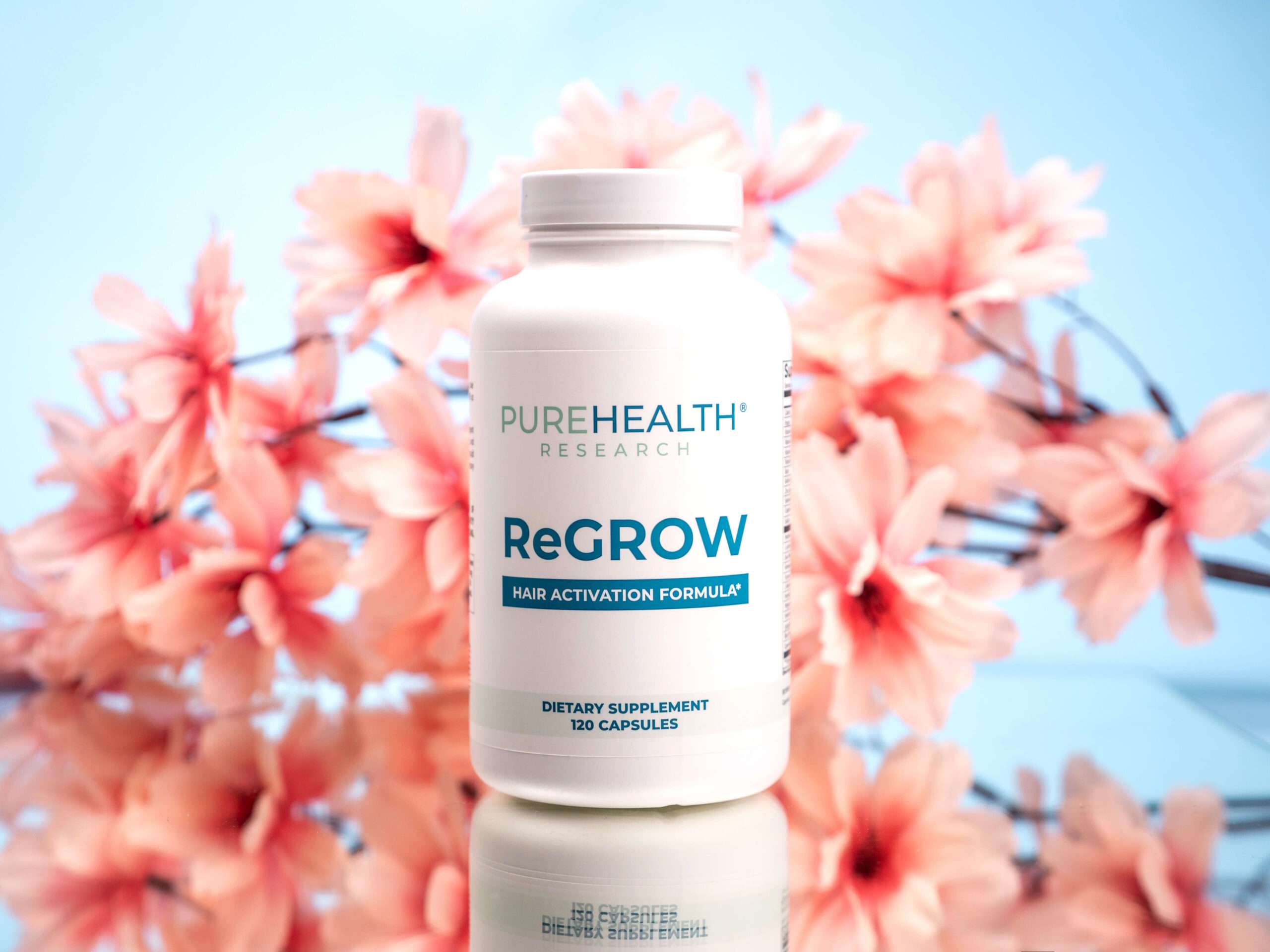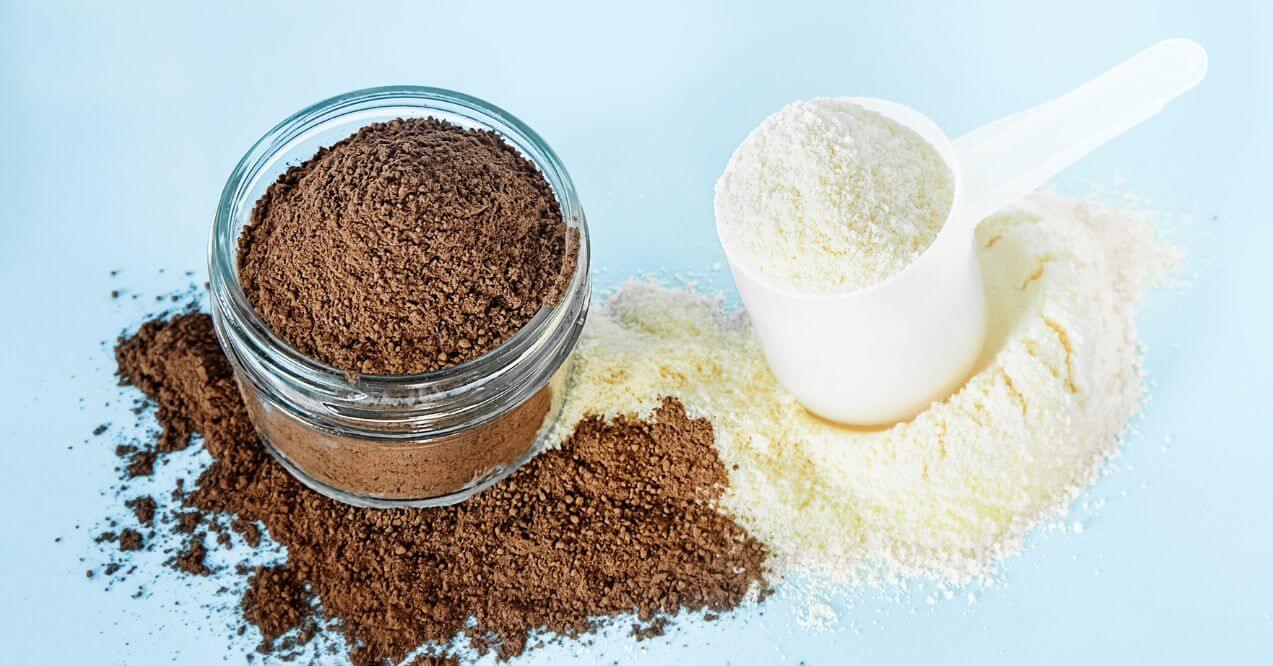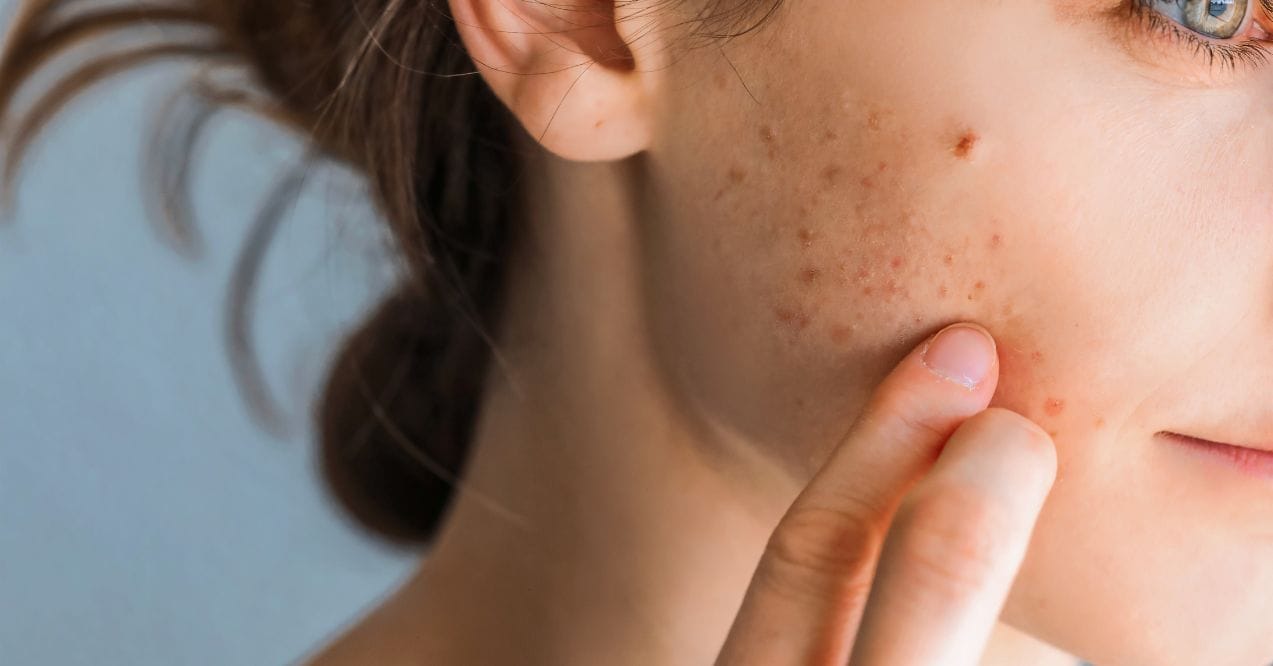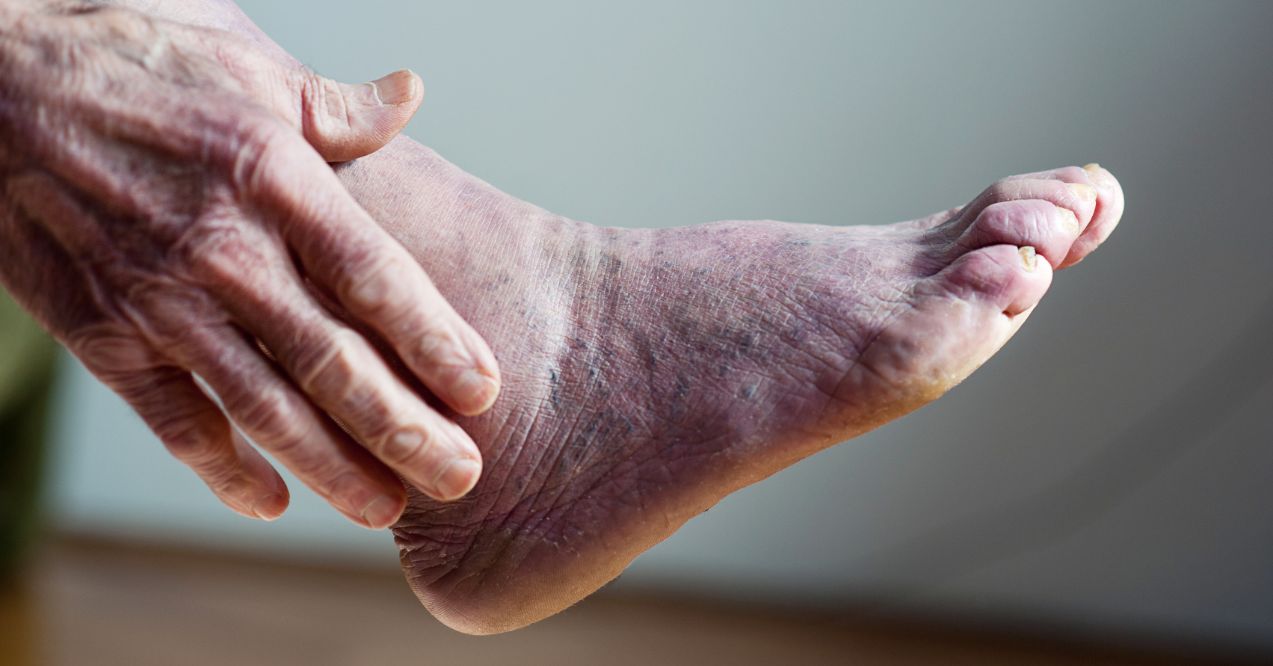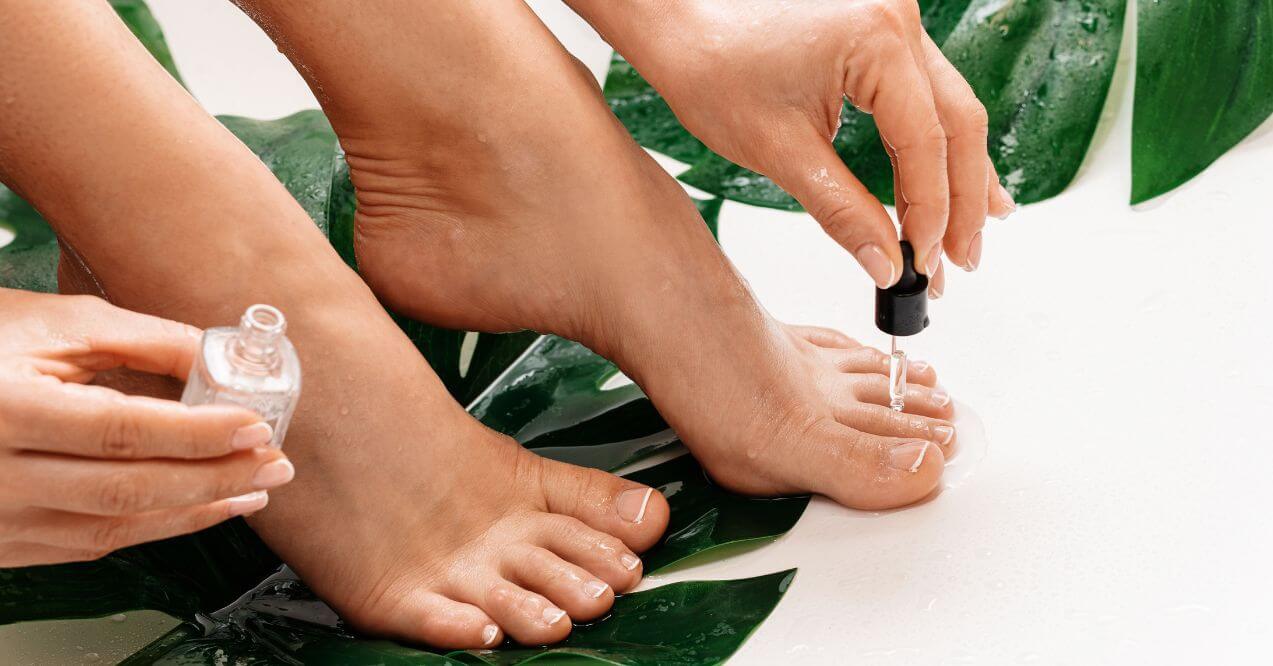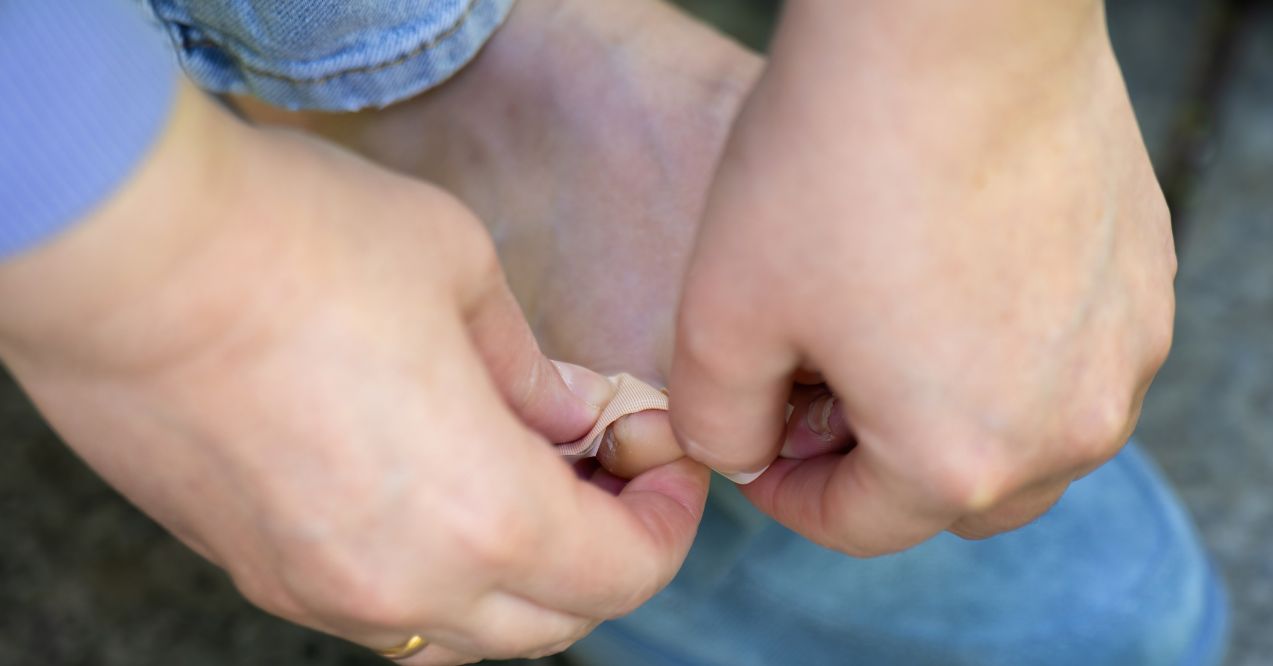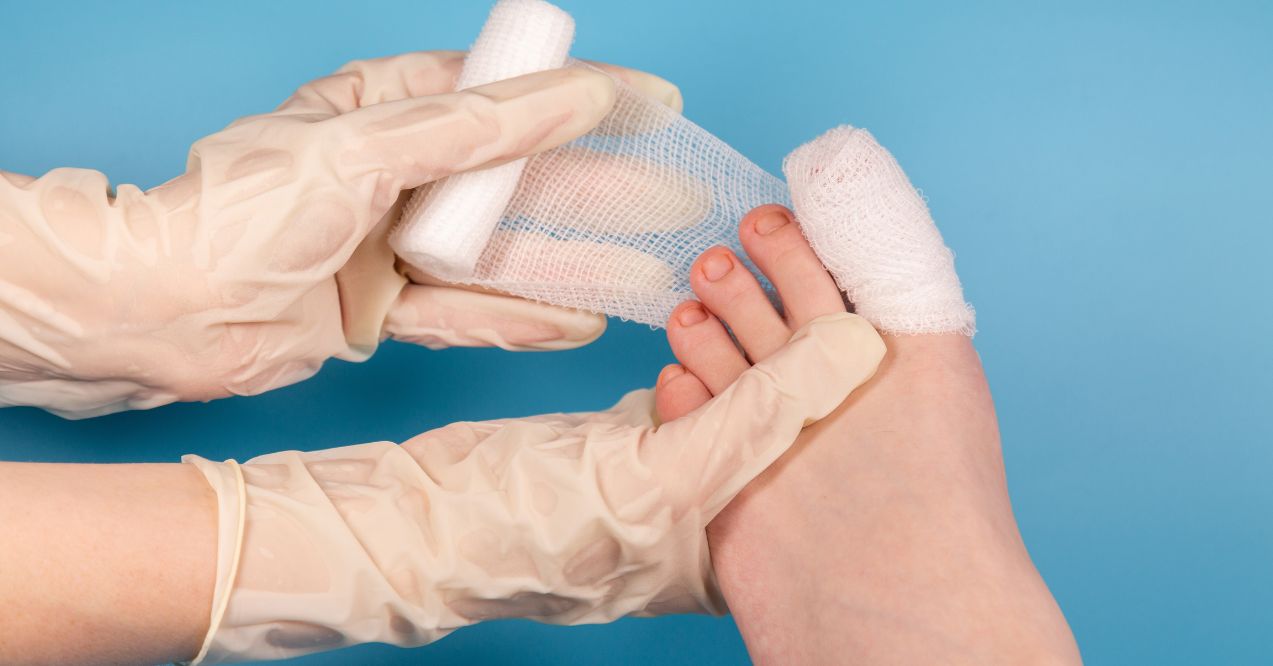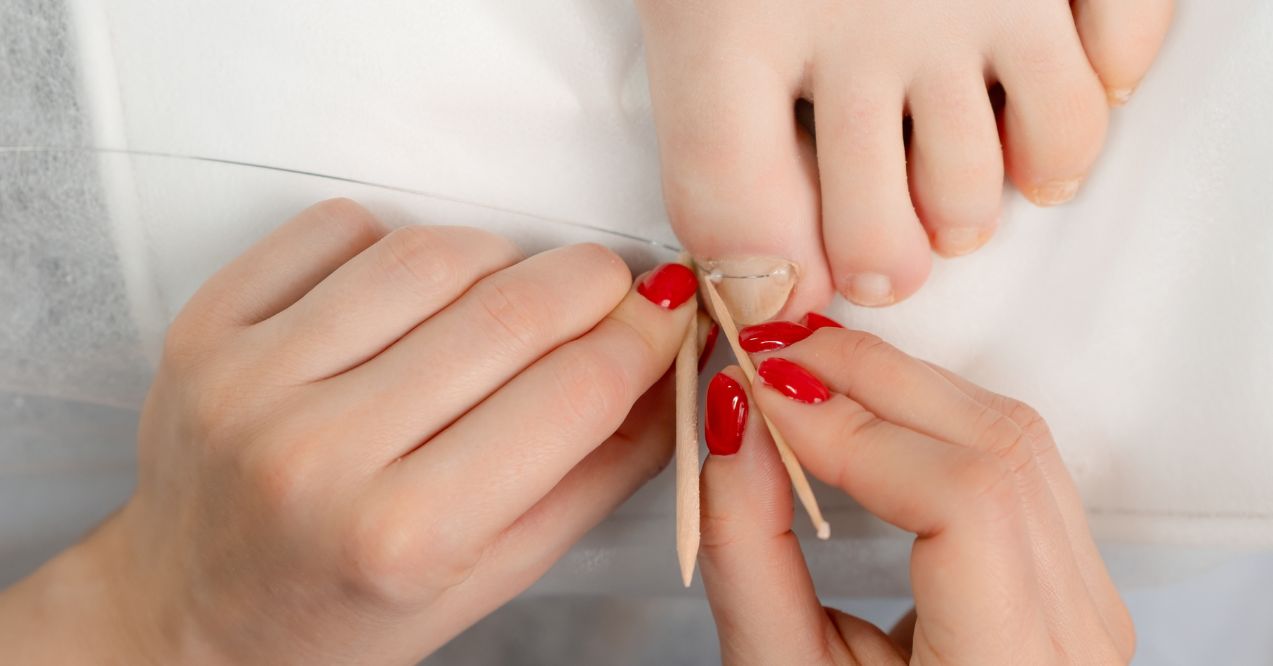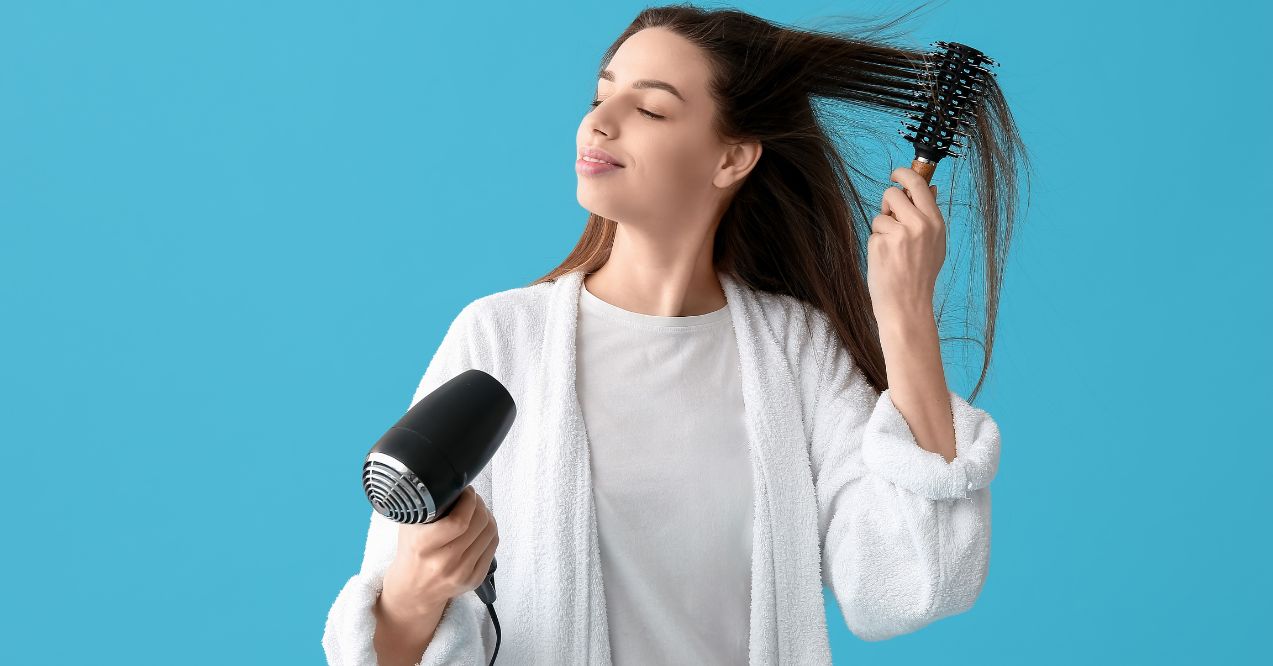What Are the Most Important Factors Influencing Hair Growth?
Medically reviewed by our experts
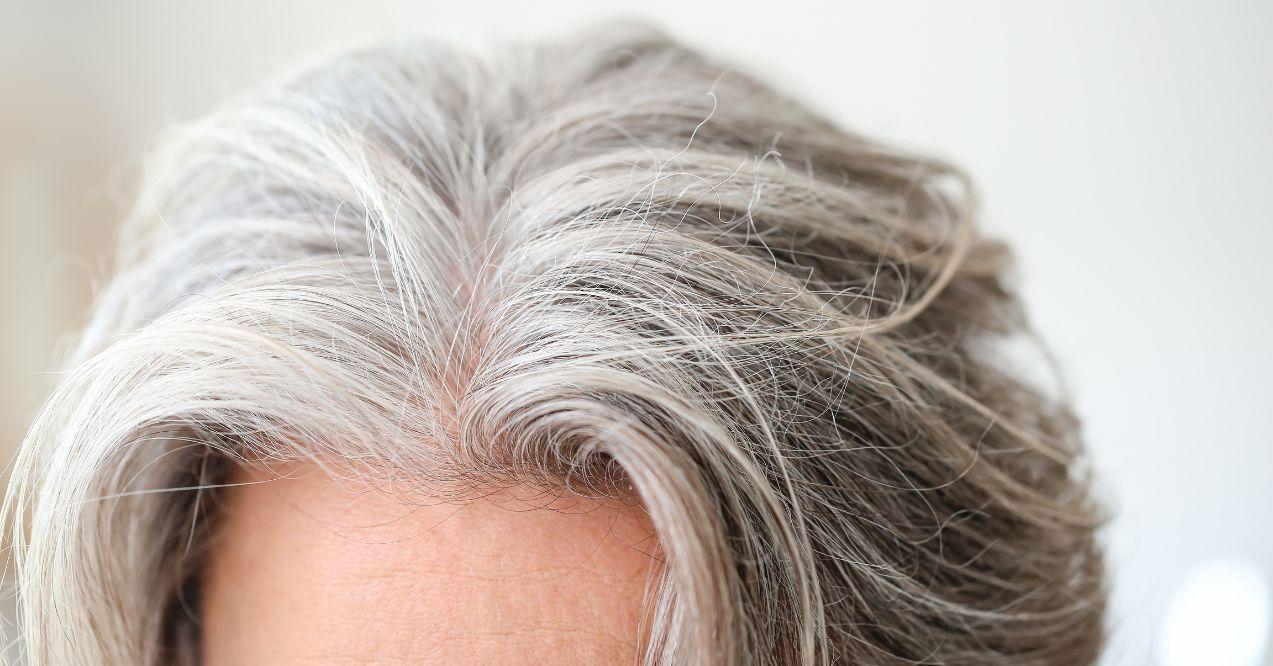

In this article, we seek to answer one of the most commonly asked questions in hair care: what are the most important factors influencing hair growth? Your hair is the crown that you never take off. Its general condition largely determines your everyday appearance. Who wouldn’t want a full mane of dense, vibrant hair? Nobody!
In that same respect, healthy hair should be a key part of everyone’s grooming. Taking proper care of it is one of the greatest gifts you can give yourself and an excellent way to ensure it remains healthy and plentiful. This piece aims to equip you with information not just to grow your hair, but also to address a crucial concern: how long does it take for hair to grow back and how to stop hair loss and regrow hair naturally.
Curious to learn what are the most important factors influencing hair growth? Seeing that you find yourself here reading this article, you’re likely to have struggled with one aspect or the other of hair health. Fortunately, you have come to the right place. Below, we discuss some elements that affect hair growth and see how you can maximize them for rich, gorgeous hair.
What Are the Most Important Factors Influencing Hair Growth? Experts Guide
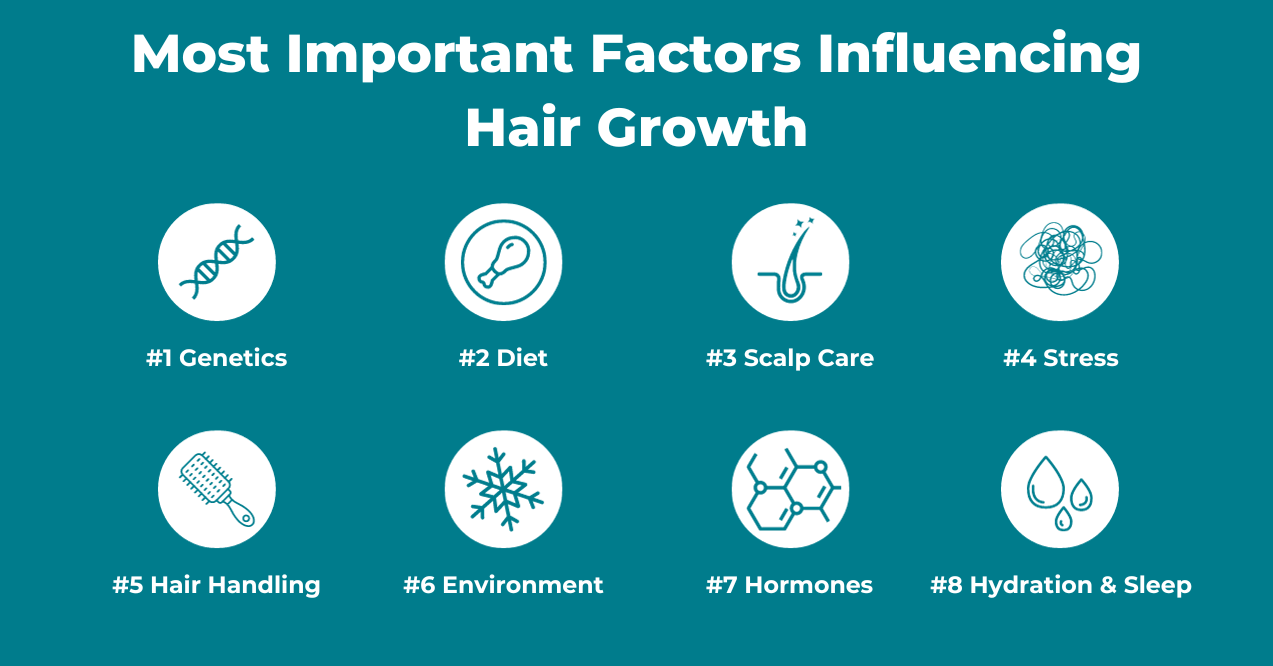
So much has been said about the crucial factors influencing hair growth that it’s hard to separate the truths from the half-truths. Below, we offer an expert guide drawn from science-backed research.
1. Genetics
There are several factors influencing hair growth that we have some control over and others that we can hardly affect. Genetics is one of them. Genetics influence every facet of hair growth, from its length, density, color, and even texture.
There are three distinct phases of hair growth: anagen, catagen, and telogen. The anagen phase is the longest, lasting 2 to 7 years at a time, in which the hair grows actively at approximately ½ an inch per month. The growth rate determines the length of your hair during this stage and how long it lasts.
Your genetic composition affects your growth rate, the length of your anagen phase, and the terminal length, which your hair cannot grow past. After the anagen phase, we have the catagen phase, which only lasts a couple of weeks, in which the hair slows or stops growing. Finally, we have the telogen phase, where the hair rests, lasting about three months. This period is when the majority of hair shedding occurs.
That said, you cannot blame the length of your hair on genes alone. There are many more factors below which, thankfully, unlike genetics, you can do something about.
2. Balanced Diet

A balanced diet is essential for the well-being of your body, and the hair is no exception. You can nourish your hair from within by consuming the right foods. The basic components of a balanced diet include carbs, proteins, vitamins, and fats. Protein is especially important for hair growth as it is the body-building component of every body structure, including the hair. Protein also contains collagen, which provides the body with special amino acids that promote hair growth.
Besides the macronutrients, we have micronutrients essential for hair growth. Key among them are vitamins A, B12, C, D, zinc, and iron. Here are a number of foods that you should include in your diet to achieve a balanced diet for optimum hair growth:
- Eggs
- Fatty fish
- Green leafy vegetables
- Berries
- Nuts and seeds
- Avocados
- Beans
- Lean red meat
You may use the best hair oils available in the market, but achieving your desired hair growth will remain a dream without consuming the right nutrients. Therefore, paying attention to your diet and ensuring you consume a balanced mix of vitamins, minerals, and other nutrients that promote healthy and robust hair growth is essential if you wish to have beautiful hair.
3. Scalp Care
Just as the state of the soil affects the growth of plants, so does the status of the scalp affect hair growth. This part of your head contains hair follicles from which the hair strands grow. The condition of your scalp affects the state of your follicles, which in turn directly impacts hair growth. Before we look into the specifics of scalp care, let’s mention some of the common features of an unhealthy scalp:
- Itchiness
- Dryness
- Irritation
- Dandruff
- Excess oiliness
- Redness
- Inflammation
On the other hand, a healthy scalp is clean, moderately oily, hydrated, and of even color. Scalp care begins with shampooing to get rid of dirt and excess oil. Does conditioner cause hair loss? Won’t your hair be cleaner if you wash it every day?
Washing your hair so often can be tempting, especially if you have oily hair. Unfortunately, too much washing strips the scalp of its natural oils, and the scalp reacts by producing even more oil.
Generally, keep your skin at its optimum by using mild products, preferably with all-natural ingredients. Remember, hair formation begins below the skin, in the follicles. If you wait until the hair is above the surface, you’ll have missed a crucial stage of hair care. Shampoo your scalp, moisturize, treat regularly, minimize heat application, and watch your hair thrive.
4. Stress Reduction
Emotional stress manifests in many ways in the physical body, and hair loss is one of them. Stress has some straightforward signs: anger, irritability, restlessness, low energy, lack of sleep, etc. Then there’s the less obvious effect on your hair, where the stress hormones push multiple hair follicles into the telogen phase. As we explained earlier, this is the resting stage characterized by rapid hair loss. Here, you’re likely to lose large amounts of hair when brushing or washing.
Fortunately, this type of hair loss, scientifically referred to as the telogen effluvium, does not last. Once the stress subsides, the normal hair cycle gradually resumes. If you’ve gone through a significant shift in your life and simultaneously noticed unusual hair loss, stress is likely the culprit. Some of the measures that you can take to reduce stress include:
- Counseling
- Regular exercise
- Meditation
- Getting a hobby
- Eating a healthy diet
- Journaling
- Getting enough sleep
As your body and mind get calmer, the hair loss reduces. It’s worth noting here that the shedding does not stop immediately. It could take up to three months for the remainder of the phase to complete, after which the growth phase returns.
5. Gentle Hair Handling
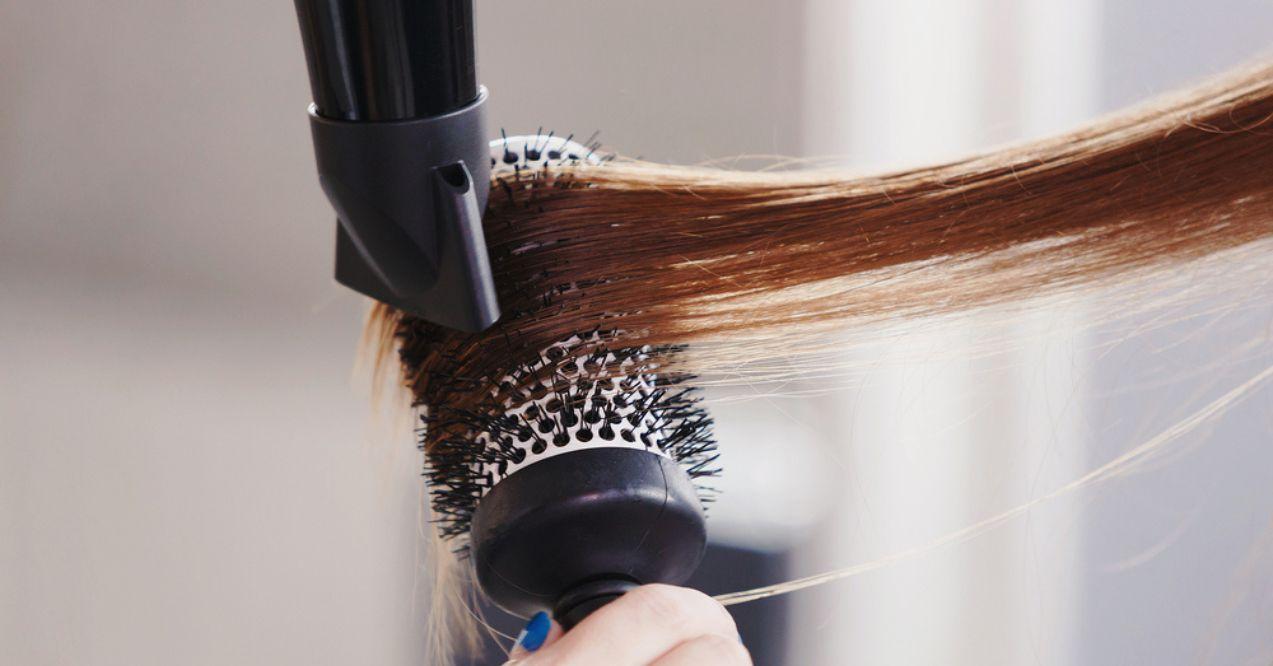
What are the most important factors influencing hair growth? This list couldn’t be complete without mentioning the role of handling in the growth and maintenance of hair. Hair is brittle, especially when wet or very dry. Rough handling is likely to cause breakage. Given that the hair grows at an average of ½ an inch per month, any breakage will nullify this growth, and your hair will stagnate or even reduce in length and density. You can ensure that you handle your hair gently by observing the following:
- Brush your hair before washing to reduce tangling when wet.
- Apply a detangler or leave-in conditioner to make wet hair easier to brush.
- Use a wide-tooth comb to softly brush wet hair.
- Avoid rubbing wet hair with a towel. Instead, squeeze the water out with a cotton cloth.
- Avoid using hot tools such as straighteners and curling irons on wet hair.
- Leave the hair to air-dry or blow-dry on low heat.
- Trim out the split ends to minimize breakage.
- Tie your ponytails loose.
- Use silk or satin pillowcases instead of cotton.
Many hairdressers handle hair roughly, either due to a lack of knowledge or because they’re just not keen enough. You don’t need to go to the salon every time. Learn to do your hair at home using products that you selected yourself. We cannot rule out a visit to the hairdresser once in a while, but to ensure optimum growth of your hair, take charge of the regular washing, treating, drying, oiling, and styling as much as you can.
6. Environmental Protection
Other than the obvious factors like diet and what you apply to your hair, we also have environmental factors. Most people go to great lengths to protect their skin from sun damage. The same UV rays can negatively affect your hair as well. Cover it with a headscarf or a hat when spending time outdoors.
Winter is also rough on hair. From the cold air outside and the dry air inside to the static electricity, the hair can quickly get dry and frizzy. Mask and deep condition your hair weekly to replace moisture. Finally, cover it with a silk or satin-lined hat when going out.
7. Hormonal Balance
Various hormones in the body, such as androgens, estrogen, prolactin, cortisol, and thyroid hormones, affect the hair’s growth cycle. Estrogen, the female hormone, promotes key functions in a woman’s body, one of them being hair growth.
This hormone prolongs the anagen phase in which the hair grows actively. Women have thicker hair during pregnancy when estrogen increases. During menopause, estrogen levels drop, and the hair becomes thin and brittle. Androgen, the so-called male hormone, can cause hair thinning and loss, leading to baldness. These are just a few examples of how hormones affect hair growth.
Balancing hormones means keeping them within the appropriate range, not too high or too low. Consuming a healthy diet, exercising, and getting enough sleep are easy ways to keep your hormones balanced.
8. Adequate Hydration and Sleep
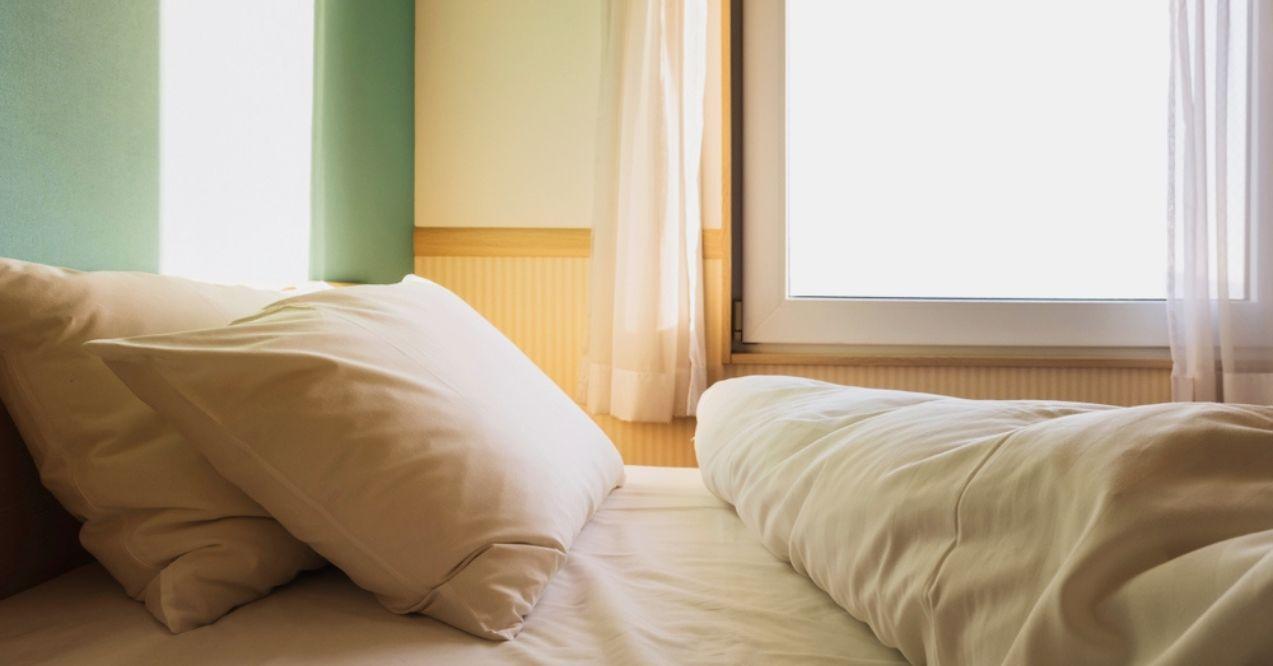
What are the most important factors influencing hair growth? You cannot discuss good health without stating the importance of adequate hydration. Drinking enough water is essential for all parts of the body, and the hair is no exception. The hair strand consists of 25% water. Drink at least two liters daily to keep your hair growing optimally. Dehydration slows down the growth and leaves the existing hair brittle and prone to breakage.
Sleep deprivation, like stress, hinders hair growth and can cause hair loss. The stem cells responsible for hair growth depend on our body clock. Lack of sleep disrupts the normal body clock, slowing down hair growth. Getting a regular eight hours of shut-eye sleep every night maximizes hair growth.
Hair Growth Treatment Options
If your hair is weak, broken, or stagnated and needs that extra kick to return to its former glory, the ReGROW Hair Activation Formula is just what you need. Most people have thick, full hair in their younger years, but it grows weaker and thinner as they age.
ReGROW is formulated to revive your hair no matter your age. The ingredient list contains 23 potent vitamins, minerals, boosters, and hormone inhibitors designed to trigger the process of healthy hair growth. ReGROW can improve hair regrowth by up to 74% for men and women alike.
If you’re ready to bring back your thick, vibrant hair, click here to explore ReGROW Hair Activation Formula and other products designed to support healthy skin.
Key Takeaways
So, what are the most important factors influencing hair growth? You should be better informed now that you found your way to this section of the article. Your hair growth may have slowed down with age. Or your once vibrant hair is now thin and brittle. Regardless of the case, there are ways for you to regain it.
Unhealthy hair adds more years to your appearance, making you look older than you are. At a time when people are trying to do the exact opposite, which is to look younger than their years, you don’t want your hair spoiling your game. Going by the factors influencing hair growth discussed above, here’s a recap of what you can do to keep your hair growing optimally:
- Eat a balanced diet and drink enough water.
- Use the right products for your scalp and hair type.
- Handle hair gently, especially when wet.
- Avoid or minimize stress.
- Get enough sleep.
You can enjoy amazing hair no matter your age. By following the tips outlined here, you can achieve and maintain that healthy and lustrous mane you desire.
Have a hair care routine and pick the appropriate products for your hair type. Include washing, conditioning, moisturizing, and a protein treatment every other week. Minimize heat styling as it makes the hair weak and brittle. Finally, protect your hair from extreme weather conditions by wearing a hat.
Hair breakage and hair loss are at the top of this list. People are often looking for ways to repair and regrow their damaged hair. Dandruff is also a major cause. Finally, you have receding hairlines.
A balanced diet nourishes the hair from within. Protein, in particular, contains collagen, which promotes hair growth. Secondly, massaging the scalp with natural oils such as coconut and castor oil improves circulation and boosts growth.
A protein-rich diet will make your hair grow faster by providing the necessary amino acids.
Popular Articles
Advertisement. This site offers health, wellness, fitness and nutritional information and is designed for educational purposes only. You should not rely on this information as a substitute for, nor does it replace, professional medical advice, diagnosis, or treatment. If you have any concerns or questions about your health, you should always consult with a physician or other health-care professional. Do not disregard, avoid or delay obtaining medical or health related advice from your health-care professional because of something you may have read on this site. The use of any information provided on this site is solely at your own risk.
